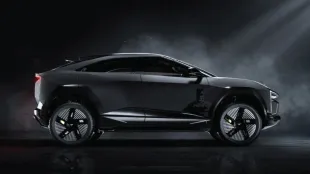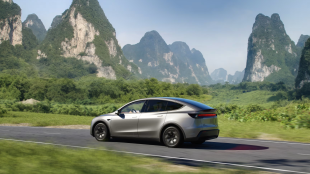The Union Government has taken a landmark step toward modernizing India’s shared mobility landscape by permitting the use of non-transport (private) motorcycles for passenger journeys via aggregator platforms. This development, part of the newly issued Motor Vehicles Aggregator Guidelines (MVAG) 2025, marks the first time such clarity has been provided on the legality of bike taxis, a long-debated issue in states like Karnataka.
The Ministry of Road Transport and Highways (MoRTH), in its latest guidelines, emphasized a “light-touch regulatory framework” focused on balancing safety, passenger security, and driver welfare. While the move opens doors for two-wheeler ride-sharing, it remains subject to approval by individual state governments, which will have the authority to authorize and regulate such services under Section 67(3) of the Motor Vehicles Act, 1988.
States to Decide on Implementation
The guidelines enable state governments to permit aggregators to operate non-transport motorcycles for carrying passengers and also to levy authorization fees on a daily, weekly, or fortnightly basis. The objective, according to the Ministry, is to encourage affordable mobility, reduce urban traffic congestion, cut down vehicular emissions, and provide new livelihood opportunities.
This regulatory clarity comes as a relief for companies like Rapido and Uber, which have long operated in a legal grey zone, often facing sudden bans and regulatory pushbacks. Karnataka, for instance, had recently prohibited bike taxi services, sparking public outcry and protests from gig economy workers.
Industry response has been overwhelmingly positive. Uber called the move “forward-looking” and appreciated the Ministry’s consultative approach. “Timely adoption by states will be key to ensuring uniform implementation and building predictability,” an Uber spokesperson said, reinforcing the company’s commitment to work with governments for effective implementation.
Boost for Affordable, Last-Mile Connectivity
Rapido welcomed the activation of Clause 23 of the MVAG 2025, which directly supports private bike ride-sharing. The company described the move as a “milestone in India’s journey towards a Viksit Bharat (Developed India).” It noted that the inclusion of private bikes in shared mobility would improve access to transportation in underserved areas, promote last-mile connectivity, and contribute to reducing urban congestion and pollution.
The 2025 guidelines build upon the earlier Motor Vehicle Aggregator Guidelines 2020, updating the regulatory framework in response to the rapid evolution of India’s mobility ecosystem. In recent years, the rise of electric vehicles (EVs), flexible ride options, and increased demand for hyperlocal delivery has reshaped consumer expectations.
With this progressive regulatory shift, the Centre aims to foster innovation, empower gig workers, and make urban transportation more inclusive, efficient, and sustainable—ushering in a new era for India’s shared mobility sector.
With inputs from PTI




















